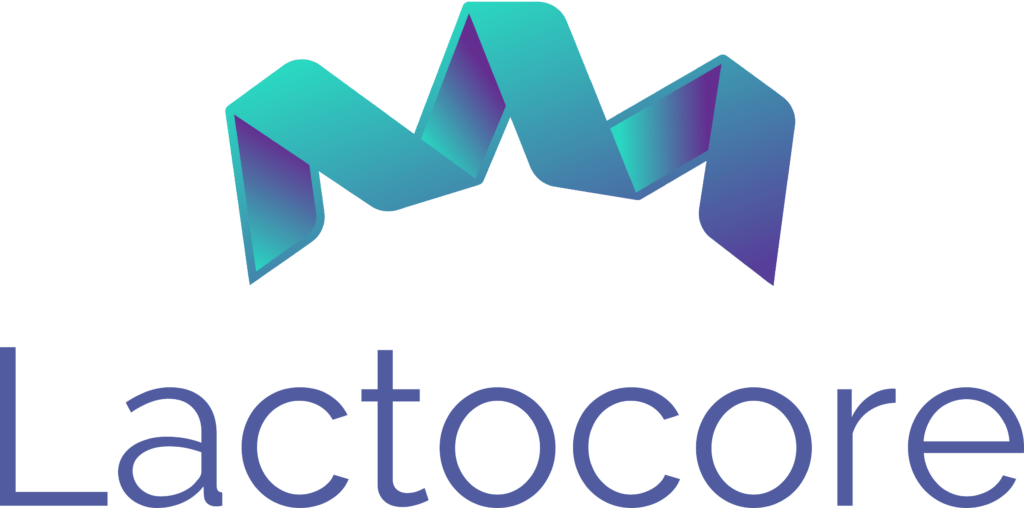
Lactocore, Inc. — Next generation therapeutics for depression and anxiety disorders
With close to 4 million patients in the United States who do not respond to existing therapies for depression, and millions more who do not respond to, or cannot tolerate, existing therapies for anxiety, Lactocore is in the right place at the right time. As a biopharmaceutical company at the cutting edge of the computer-aided drug discovery, Lactocore discovers and develops peptide-based therapeutics for depression, anxiety and related disorders starting with proprietary algorithms to screen millions of unique three-dimensional peptide structures.
“Peptides possess inherent properties of high selectivity and low toxicity. We believe our solutions will almost certainly be free of the common standard-of-care antidepressant’s adverse effects such as sexual dysfunction, sedation, weight gain, metabolic abnormalities, and movement disorders. Moreover, our algorithms when compared to many experimental drug discovery approaches, increase chances of success by predicting and ruling out “problematic” or risky drug candidates very early in the process,” said CEO Askar Kuchumov, Ph.D.
The company’s leading candidate, LCGA-17, intended for intranasal delivery, has been effective in comprehensive evaluation of behavior in animals including models of chronic stress and post-traumatic stress disorder. At the same time, LCGA-17 showed no signs of adverse events typical for existing anxiolytics (anxiety-relieving medications) such as sedation, abuse potential, or cognitive impairment.
In depression treatment, there have been no novel therapies approved in decades; nearly all standard-of-care drugs are “me too” compounds. In addition, most have unreliable efficacy and persistent medically significant side effects that affect quality of life and compliance. Most antidepressants have delayed onset of benefit leading to months of trial and error to find the right drug. Finally, relapse over the short-term is unacceptably common (~25% within 6 months), leading to frequent switching in treatment-resistant patients. Worst of all, a third of patients never realize any benefit from these therapies.
At the same time, depression is a widely spread condition. 13% of Americans take antidepressants, and 68% of them take these drugs for more than two years. The most prevalent form of depression is unipolar major depressive disorder (MDD), but there is also major unmet medical need in bipolar depression, postpartum depression, and seasonal affective disorder. 50% of depressed patients also have a co-occurring anxiety.
Additionally, anxiety disorders are the most common U.S. mental health problem, with 46 million people affected, including commonly drug treated disorders such as panic disorder (2.7% of population), generalized anxiety disorder (3.1%), social anxiety disorder (6.8%), and posttraumatic stress disorder (3.5%). With little innovation in decades, a new non-addictive, non-sedating solution for anxiety disorders would be embraced by the therapeutic community.
Despite their limited efficacy and safety, the U.S. antidepressant drugs market was close to $12 billion in 2018. The global market for generalized anxiety treatments alone is forecast to $7.4 billion by 2023. Taken together, the global anxiety and depression treatment market is forecast to nearly $19 billion by 2026, with vast majority of drugs being generics. The lack of innovation in the field reflects in part the well-known scientific, regulatory and commercial challenges in developing new therapies in psychiatry. On the other hand, lack of new therapies within the affective disorders area presents significant opportunities for the novel drugs with distinct mechanisms of action and impeccable safety profile.
“Lactocore, Inc. is well positioned to capitalize on these emerging opportunities as molecular targets for its drug candidates have been scientifically or clinically validated to play a critical role in depression according to the latest understanding of the pathology of the disease. Our in silico drug discovery approach allows very precise and differentiated targeting of these receptors. Importantly, we have developed and validated efficient in vivo screening workflow for in silico generated leads in collaboration with scientific and medical experts in the field that helps to dramatically cut time of bringing a novel drug candidate to the clinic. Our management team is experienced in early stage drug development and is applying our rapid and cost-effective approach to build a pipeline of truly next generation therapeutics for depression and anxiety,” said Dr. Kuchumov.
For information visit www.lactocore.com or contact Askar Kuchumov, Ph.D. (CEO) at +1-734-358-8521 or ark@lactocore.com















